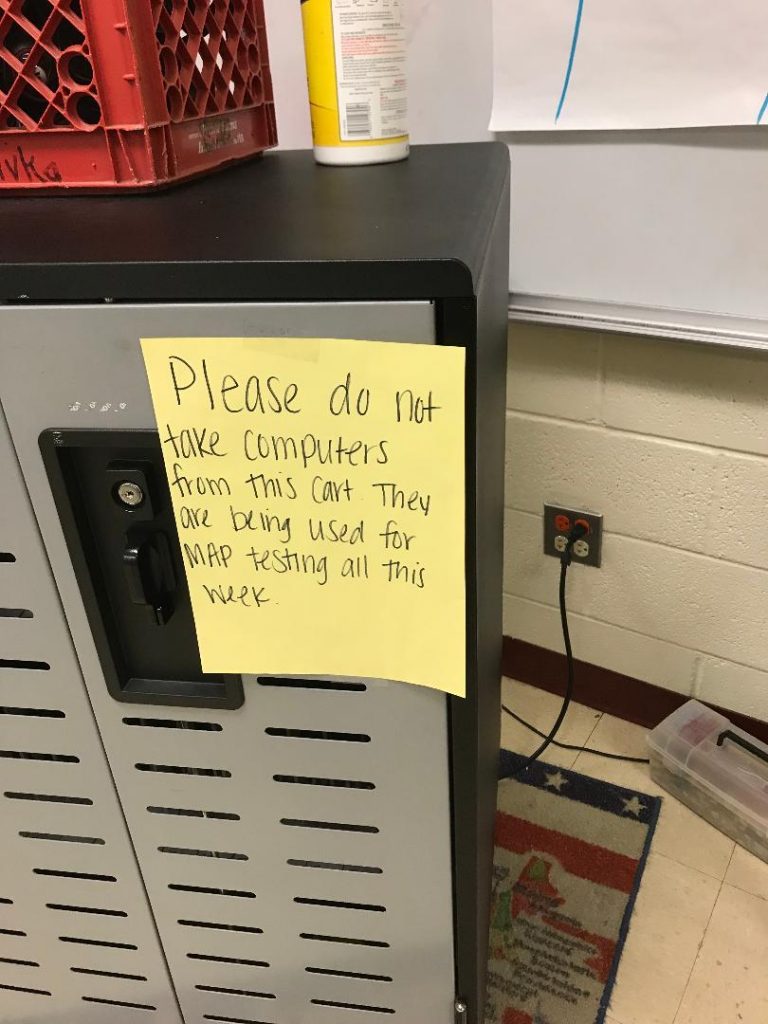We could have used a clear playing field, a large expanse of green grasses for long passes and quick hand-off plays. Equity deserved to take the field openly, with discussions about racial awareness and fairness, neurodiversity, and disability access unobstructed, if fiercely debated as to their particulars. Somehow equity issues finally had shot toward the top of the educational agenda.
But here is what we came up against: Teachers, administrators and students trying to hang on while under daily assault, fighting a plague that is upending education as it sweeps like a tsunami over the pillars of daily life. That plague is in the forefront of today’s events, so much so that we are losing momentum in other areas. Remember when young people were gathered together from countries all across the globe to stage a climate strike back in 2019? (‘It’s our time to rise up’: youth climate strikes held in 100 countries | Climate crisis | The Guardian) They resumed the fight in September of 2020 and 2021 with more protests, but those protests have been muted and have fallen off many front pages. From a 2020 article Young people resume global climate strikes calling for urgent action | School climate strikes | The Guardian: “Greta Thunberg led a strike in Sweden, which was limited to 50 people by the country’s lockdown laws – “so we adapt”, she tweeted, with a picture showing strikers more than 2 metres apart.”
We adapt. The calls to limit testing become muted in response to articles that trumpet a learning catastrophe resulting from classroom closures. Educational leaders demand numbers to measure learning loss, and the loss of instructional time those tests will create gets lost despite the irony of incurring lost learning time to measure the effects of lost learning time.
Other issues have fallen off the table or been shoved to the side as well. Inequitable property-tax based funding that favors those lucky enough to live in moneyed zip codes still pops up, but toward the bottom of pages that begin with stories on how districts are offering cash to families to take their children to school because of bus driver shortages. (Why Would Anyone Drive a School Bus Right Now? | Notes from the Educational Trenches (eduhonesty.com))
Issues of tech equity are an exception to what I have written. Remote learning threw a spotlight on that issue. Suddenly the fact that District A had been 1:1, with all their students possessing a laptop, while District B was still signing up for the computer lab twice a week became seen for the educational inequity that it had always been.

Eduhonesty: When you have 15 impossible things to do before breakfast, but only time to complete 6 of those things, part of your list must be dropped. That’s fine. That’s triage and we fell down the rabbit hole long before anyone outside the medical field had even heard of a coronavirus. We were triaging before the field filled with COVID-19 flotsam.
Still, we have to keep our voices high and loud. Hey! Over here! Where are the laptops! But also: Why were there so few laptops?
Issue 1: Given that zip codes are stratified both by income and race — and that predominantly black or Hispanic zip codes overall are taking in less $$ in property taxes, sometimes far less — how can we fix school funding? I believe property-tax based funding is inherently unfair, disenfranchising the poor. (Why were there so few laptops? I blogged the following slightly meandering post in 2015 that describes the Land of Few Laptops: Internet notes and classrooms | Notes from the Educational Trenches (eduhonesty.com)) I was definitely working in the land of have-nots.
Charters and vouchers are part of this funding discussion. I’d like to say that I regard both of these “solutions” as attempts to make an end run around the problem of inequitable funding — attempts to avoid spending extra money on our most disadvantaged students.
Issue 2: Testing time went over the top years ago. The time wasted confirming what we already know is stolen directly from children. The time we spend to find out what we don’t know is poorly conceived and implemented, wasting absurd numbers of minutes.
Issue 3: We are past due at unpeeling the onion of biases, both hidden and overt, that affect our students, especially students of color and students who diverge from the neurotypical. We must not bypass this issue because the playing field has become too crowded. Too many men on field? Let’s take the penalty and return to playing our best game. Social/emotional learning has never been more important than now.
Let’s not let people back us into lengthy discussions of mask mandates and vaccinations to the EXCLUSION of the crucial ideas that mattered before the pandemic and will continue to matter afterwards.
Hugs to my readers and friends, Jocelyn Turner
